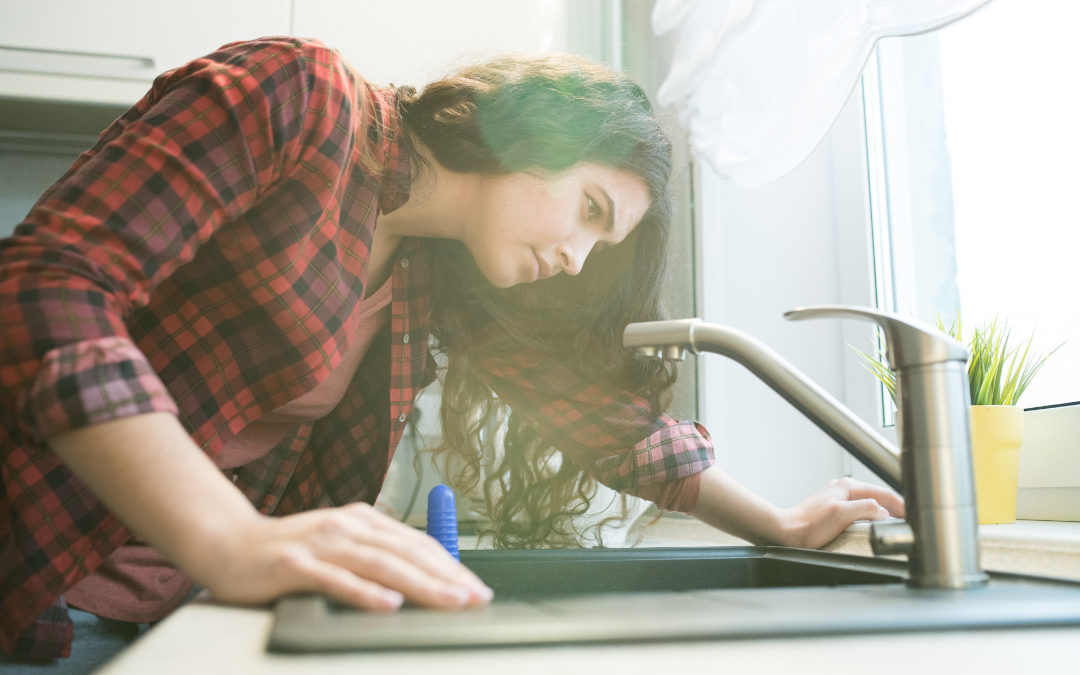Who is Responsible for Plumbing When Renting a Virginia Home?
Renting a home presents unique challenges compared to owning a home. On the one hand, things can seem easier since your landlord takes care of most repairs. On the other, it can be difficult to determine exactly what your landlord is responsible for fixing.
Virginia law sets specific guidelines for both landlords and tenants. Yet even within these laws, there can be some grey room when a lease agreement is involved.
When is a landlord responsible for repairing your plumbing? How serious does a plumbing issue need to be, and what can you solve on your own? This blog aims to answer these questions and more.
What Duties do Landlords Have?
As a tenant, your landlord has one responsibility: keep your house or apartment “habitable”. This means that your living space should have heat, water, electricity, and no major structural issues. In the event of an emergency, like a busted pipe or broken AC in the summer, the landlord is usually responsible for these repairs
Virginia law allows landlords to include certain responsibilities in their leasing agreement. While a tenant might be responsible for paying certain bills and keeping the space clean, they can never be responsible for keeping the home livable.
Usually, a landlord is only responsible for plumbing emergencies not caused by the tenant. So for example, if a tenant clogs the toilet due to negligence then the landlord would not be responsible for repairs.
As a rule of thumb, if your situation is affecting your standard of living, you should contact your landlord. Some common plumbing emergencies include:
- Inoperable bathroom
- Burst pipe causing flooding
- No running water
When Should I Not Call My Landlord?
Your landlord is responsible for providing repairs and replacements for most plumbing services. Yet, there are times that either you will be responsible or you can handle the repair on your own.
If you or someone you invited into your home causes serious damage, you most likely will be responsible for repairs. If the issue is small, like a leaky pipe or faucet, then you usually have free reign to repair this issue.
These repairs are usually small and don’t take precedence over larger issues your landlord might be dealing with. While you can request them to replace a part or stop the leak, it will probably take time before they get to it. Make sure you check your lease agreement before you alter or change your home in any way.
The time these small issues evolve into emergencies is when you should contact your landlord. This is when small fixes are no longer working, or if ongoing issues are causing water damage and mold to grow.
How to Request a Plumbing Maintenance Repair
As always, you should refer to your lease agreement. Most landlords will detail how best to contact them and report a maintenance request. They may even have different processes depending on if the request is an emergency or not.
In general, it’s best practice to record and report any potential issues you find. Be sure to keep detailed notes and recordings of the issue, like water damage or an inoperable bathroom. It’s also best to handwrite your report, either by mailing it directly to your landlord or by sending an email.
These best practices help protect you if your landlord doesn’t do their due diligence and you decide to pursue legal action. While most cases won’t come to this, it’s still a good idea to keep track of these issues just in case.
Keep Your Plumbing Safe
Virginia laws are in place to protect tenants and landlords from those who don’t want to be accountable. When it comes to plumbing emergencies, your landlord is usually responsible for these repairs. These situations can be on a case-by-case basis, so be sure to do your due diligence and keep records of any issues with your rented house or apartment.
If you have any more plumbing questions or concerns, be sure to read through our other blogs! Mike Wilson Plumbing specializes in helping homeowners and renters alike keep their homes safe from plumbing emergencies!
Sources:
- https://www.valegalaid.org/resource/getting-repairs
- https://ohmyapt.apartmentratings.com/can-a-landlord-charge-you-for-plumbing-repairs.html
- https://simpleplumber.biz/f/who-is-responsible-for-plumbing-maintenance-repair-in-a-rental
- https://blog.militarybyowner.com/which-repairs-are-not-your-landlords-responsibility

